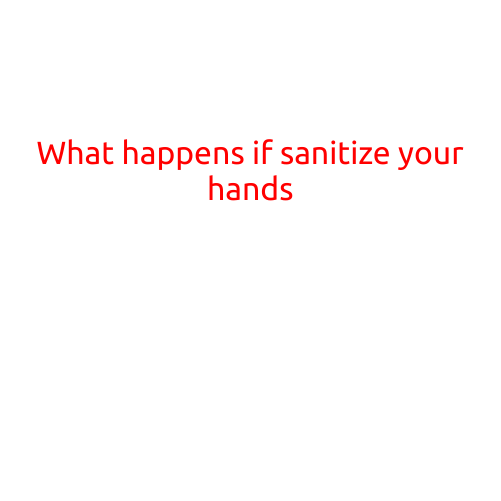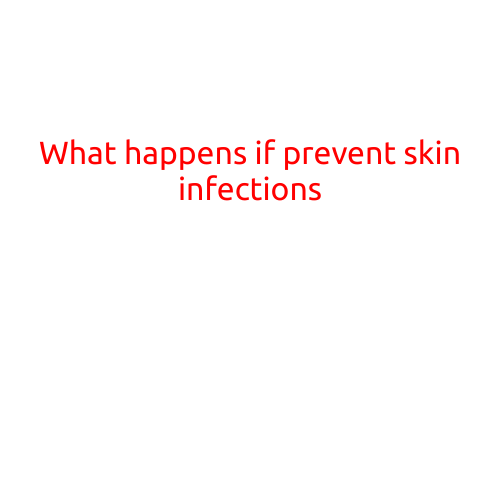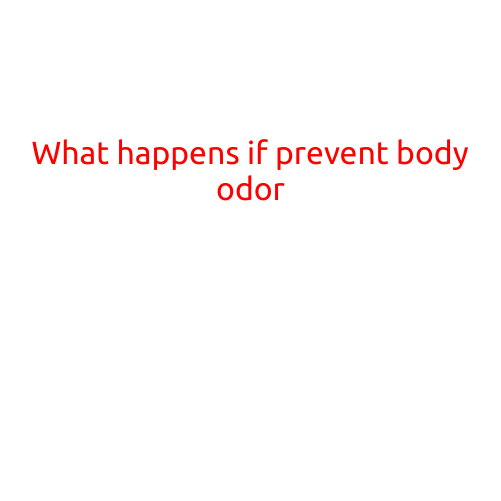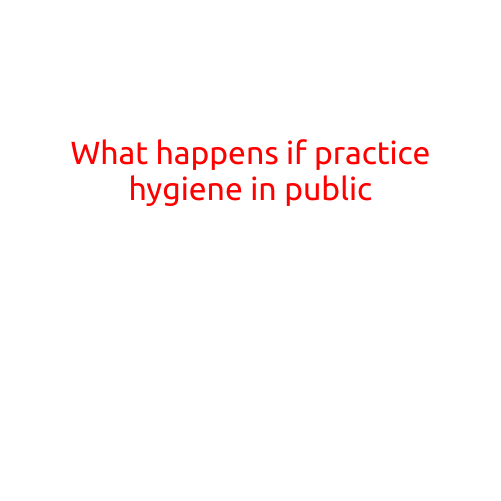
What Happens If You Sanitize Your Hands?
In today’s world, hand hygiene is more crucial than ever. Did you know that washing or sanitizing your hands regularly can make a significant difference in your overall health? In this article, we’ll delve into the benefits of sanitizing your hands and explore what happens when you do it effectively.
The Importance of Hand Hygiene
Hand hygiene is the practice of keeping your hands clean and germ-free. It’s a simple yet effective way to prevent the spread of illnesses, infections, and diseases. When you touch your eyes, nose, or mouth without washing your hands, you’re inadvertently inviting germs to enter your body. This can lead to a range of complications, from minor illnesses like the common cold to life-threatening conditions like pneumonia or worse.
What Happens When You Sanitize Your Hands?
When you sanitize your hands, you’re using a solution that contains alcohol, usually in the form of sanitizing gels or wipes. This solution works in the following ways:
- Kills Germs: Sanitizing solutions destroy or inactivate microorganisms like bacteria, viruses, and fungi on your skin. This includes the common cold and flu viruses, as well as antibiotic-resistant superbugs.
- Removes Organic Matter: Sanitizers break down and remove organic matter like dirt, grime, and sweat from your skin’s surface. This helps prevent clogged pores and skin irritation.
- Disrupts Cell Membranes: The alcohol in sanitizers disrupts the cell membranes of microorganisms, causing them to rupture and die.
- Reduces pH Levels: Sanitizers can lower the pH level of your skin, making it more challenging for germs to survive.
Benefits of Sanitizing Your Hands
Regularly sanitizing your hands can lead to numerous benefits, including:
- Reduced Risk of Illness: By killing germs on your hands, you reduce the risk of getting sick or spreading illnesses to others.
- Improved Skin Health: Sanitizing your hands can help prevent skin irritations and infections, especially in high-risk areas like hospitals and healthcare settings.
- Increased Confidence: When you know your hands are clean and germ-free, you can feel more confident in your daily activities, whether it’s working, socializing, or caring for loved ones.
Tips for Effective Hand Sanitizing
To get the most out of sanitizing your hands, follow these tips:
- Use the Right Product: Choose a hand sanitizer that contains at least 60% alcohol.
- Use Enough Product: Apply enough sanitizer to cover all surfaces of your hands, including the backs of your hands, wrists, and between your fingers.
- Rub Hands Together: Rub your hands together until the sanitizer is fully absorbed and your hands are dry.
- Sanitize Often: Sanitize your hands whenever you:
- Touch someone who’s sick
- Handle food or eat
- Blow your nose, cough, or sneeze
- Touch animals or their waste
- Use public restrooms or touch public surfaces
Conclusion
Sanitizing your hands is a simple yet powerful way to protect yourself and others from illnesses and infections. By understanding what happens when you sanitize your hands and following effective hand sanitizing tips, you can take control of your health and reduce your risk of getting sick. So, make hand hygiene a part of your daily routine and reap the benefits of a cleaner, healthier you!





